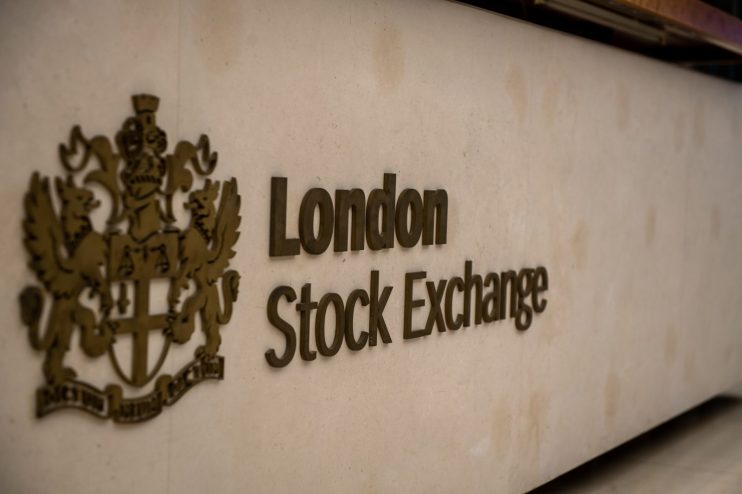Are UK markets ready to bounce back? UBS says yes

The UK market has been unloved for some time, suffering through Brexit, the coronavirus pandemic, and serious concerns about the competitiveness of its stock exchange.
Now, things might be about to change, or at least UBS thinks so.
Last month, the Swiss bank shifted its rating from “least” to “most” preferred for UK equities; a radical upgrade for its outlook for British stocks.
Dean Turner, economist at UBS, said despite the general malaise for London-listed stocks that “the conditions are falling into place for the UK to turn this narrative around“, leaving room for a “consumer-led recovery amid a resilient labour market”.
Over recent years, UK markets have suffered from a rise in the popularity of tech, which is severely underrepresented on the country’s stock exchange.
Everyone acknowledges that the UK is very cheap, with the FTSE 100 currently sitting on an average of 11 times the price-to-earnings ratio, compared to a long-run average of 12.8 times. The problem has been finding a catalyst to bring that number up.
Now, Turner argued that recent survey data showed the outlook for global manufacturing was “showing clear signs of improvement”, leading to a boom in the oil and metals heavy FTSE.
Meanwhile, the UK economy as a whole has been performing poorly, with Goldman Sachs estimating that the UK economy grew five per cent less over the past eight years than other comparable countries.
Turner has an answer to this too. He expects an economic recovery to “build through this year” as a recovery in domestic demand pushes up corporate earnings after an 11 per cent fall in 2023.
“We raised our earnings growth forecast for 2024 from two per cent to four per cent after the recent rise in oil and copper prices,” he said, adding that he expected “further acceleration to seven per cent growth in 2025, driven by better profits for commodities firms and banks, alongside a better domestic backdrop”.
As inflationary pressures continue to ease, UBS is predicting that the Bank of England will begin to start cutting rates in August, though Turner said we “shouldn’t rule out an earlier move”.
“Lower interest rates should prove to be a boon for equity valuations, which we expect to rebound from currently low levels,” added the economist.
All this means that “underappreciated UK quality stocks with their high and stable returns, good free cash flow, and solid balance sheets offer attractive upside from here”, concluded Turner.
However, Douglas Scott, manager of Aegon’s Global Equity Income fund, pushed back, telling City A.M. that the UK market was still not attractive due to its lack of “unique companies”, leaving the options “cheap, but not different” from the global market.
“The last one, in my eyes, was Arm. We have some good companies, like Experian and Astrazeneca, good global companies that compete well in the field, but they’re not unique, and we don’t have anything like that,” said the manager.
Since the end of the 1990s, the FTSE 100 has grown only 22 per cent, while the S&P 500 is up almost 300 per cent, Scott explained, leaving the entire UK market unappealing even if it is somewhat undervalued.
Instead, big investors like pension funds will continue to look to the US, continuing to shun the home bias that kept the UK afloat for so many years.
Last week, it was revealed that Coutts is preparing to dump £2.7bn of UK equities in a major re-calibration of its fund ranges.
The bank, which is owned by Natwest, will see its two largest funds alone sell over £1.5bn of UK shares, pushing their UK exposure down from 25 per cent to 2.6 per cent and 17.8 per cent to 1.9 per cent, respectively.
UK equities make up between three to four per cent of the global equities market.